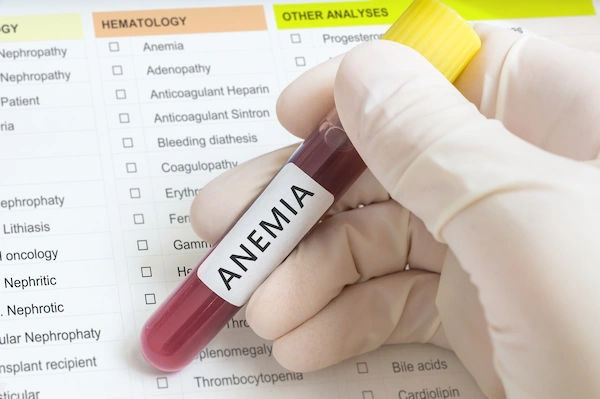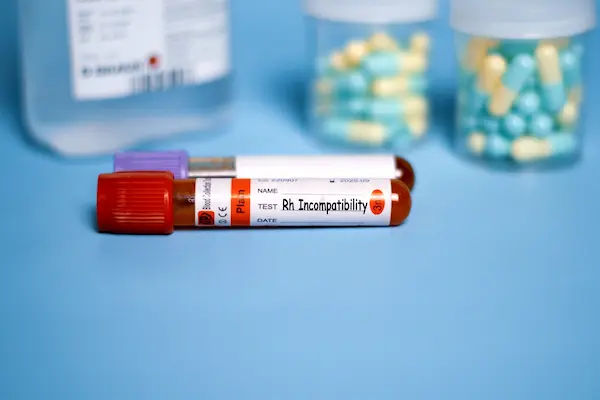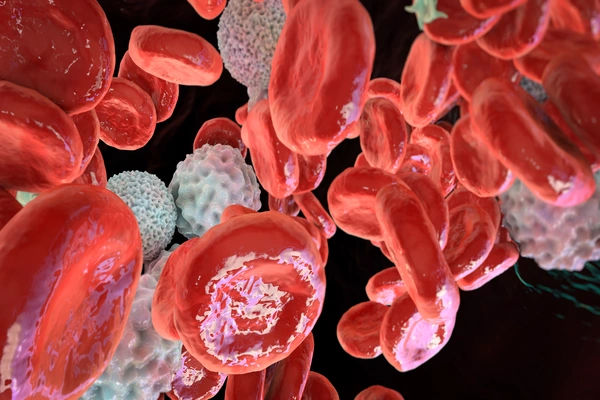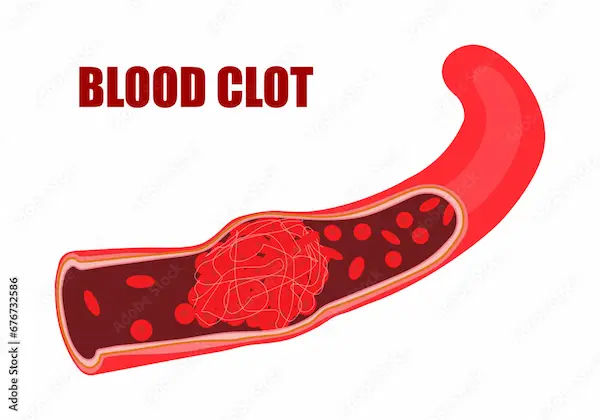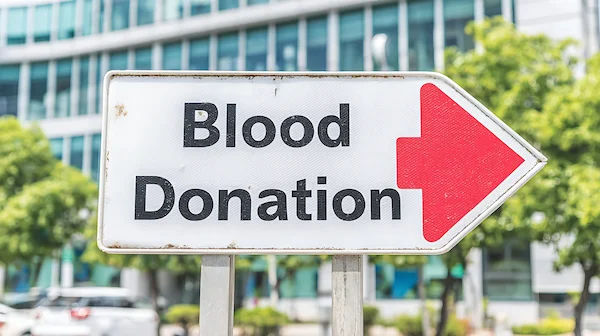- female
- 30 Years
- 20/02/2025
I recently got my CBC test results, and the report shows my HCT is at 35.1 and it should be between 36-46, while my MCV is 77.7, but the normal range is 81-101. Also, my MCHC is 35.8, which seems a bit outside the usual 32.5-34.5 range. Should I be concerned about these numbers? Are there any precautions I need to take, or should I consider further tests? I decided to get tested because I've been experiencing early and frequent periods, along with weakness and paleness. These symptoms started after a period of depression from losing my dad in January, which affected my sleep and appetite. Although I'm emotionally better now, I can't help but feel these physical issues stem from that time. What steps should I take from here?
Answered by 1 Apollo Doctors
take treatment
Dr. Dhankecha Suggests...
Consult a Haematologist
Answered 25/07/2025
0
0

More Haematology Health Queries
View allI'm really worried about my platelet count, which is 1.83L. I've got these rashes all over my body that itch a lot and they're really affecting my sleep. I'm anxious to find a way to get over dengue quickly. What should I do?
take plenty of fluids,take fruits kiwi and papaya in rich amount
read more![Doctor 1]()
![Doctor 2]()
Answered by 1 Apollo Doctors
I'm really worried about my wife. Her hemoglobin level is at 6.5, and she's also been dealing with chickenpox for the past two days. What's the best way to help increase her hemoglobin level during this time?
Visit your Physician for appropriate management
read more![Doctor 1]()
![Doctor 2]()
Answered by 1 Apollo Doctors
So, my dad is 59 and he's had this high d-dimer level at 1.82. He got over COVID about 47 days back. Just after he got discharged, we checked, and the d-dimer was at 0.5, but now it's jumped to 1.82. Plus, his white blood cells went down from 10,000 to 4,000 over these weeks. Is this something we should be really worried about? Can you suggest any treatment or ideas on what's going on?
post covid sequelae ! take multivitamin tablets and timely eating continue..
read more![Doctor 1]()
![Doctor 2]()
Answered by 1 Apollo Doctors
Disclaimer: Answers on Apollo 247 are not intended to replace your doctor advice. Always seek help of a professional doctor in case of an medical emergency or ailment.

